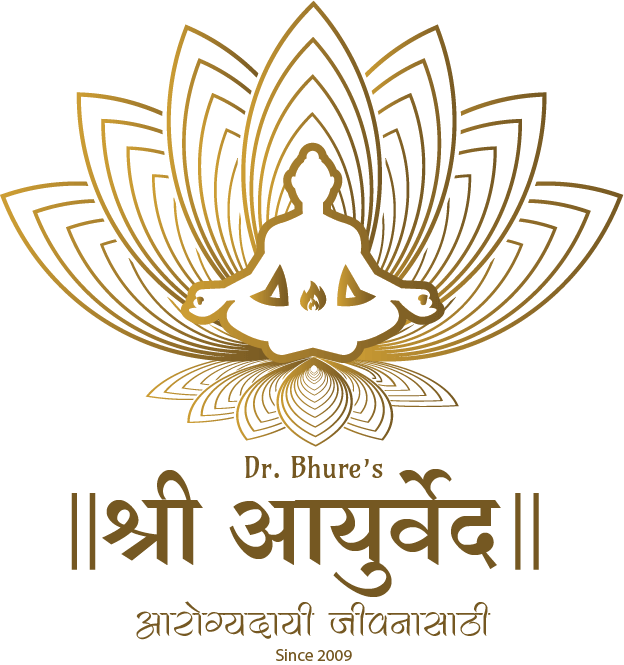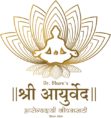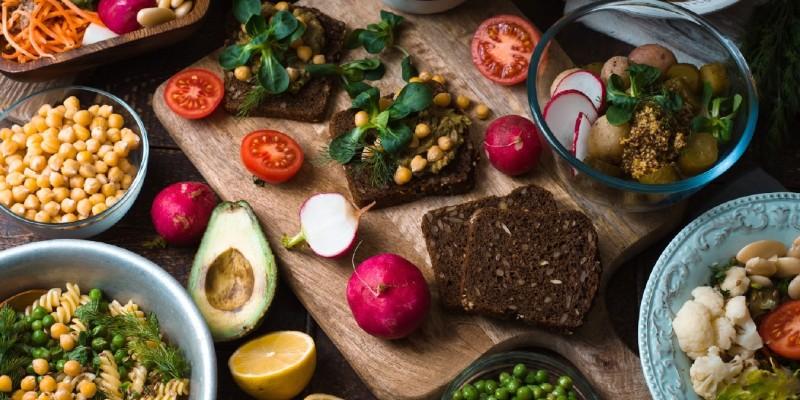What one should not Eat ( Don’ts )
- Avoid Heavy To digest items e.g. Shrikhand, Soyabeens, Curd, banana, panir etc….. as it affects your agni and can help in pathophysiology of disease.
- Avoid Bakery Products, products madeup with maida, as these products are dry and can increase vata dosha, and also diminishes agni.
- Avoid Fermented food. As these items increases kleda in our body.
- Deep fried items as this increases cholesterol and can increase pitta and kapha dosha in our body.
- Do not eat Fruit Salad Kadhi etc, as some of these foods are explained as viruddha aanna in our ayurvedic texts as it is processed or combined with other food item wrongly so it disturbs doshas in our body and can lead to chronic health issues as these viruddha aana can act as slow poison.
- Avoid Methi leafs, Baingan, ground nuts, green chili, Tuver Dal, Coconut, as these increases pitta dosha.
- Avoid Fish, Chicken, mutton, as it is heavy to digest as well as due to being Spicy it increases pitta dosha, Have Salt in lesser quantity as it is also not good for health in large quantity and most known bad effect of salt is it increases blood pressure.
- Stay away from cold environment, as cold environment increases vata dosha.
- Have meal on time.
What to eat (Dos)
- Have Daily 1 Masala pan which includes Chuna, Kattha, Sauf, Supari and gulkanda as it is very good digestive it gives some amount of fiber for digestion, good for Bone health as chuna contains calcium katha is good for blood purification so helps in skin disorders .
- Have 4 Kishmish ( Black current)as it is good to cure constipation. Kharik, Almond, Walnut, Anjir ( Fig ), as it has very good Nutrients
- Half cup of Milk with pinch of saunth it acts as good tonic.
- Daily 20 Mins Morning walk or jogging this keeps you fit for longer period. It helps to cure as well as avoid many diseases.
- Do Shatapauli after diner as it helps in digestion.
- A glass of buttermilk with every meal it has very good health benefits, it is good for digestion, it helps to cure hyperacidity, it treats IBS, it helps to loose weight.
- Have 2 teaspoons of gomutra every morning as it is tridosh-nashak means it has many health benefits more importantly it should be consumed by Obese patients , High Cholesterol problem patients, Women having PCOD.
- Have 1 teaspoon of castor oil before diner, as it cures Constipation and good for Aampachan, so patient having Aamvat ( rhumatic Arthritis ) gets benifited.
- Have 2 petals of garlic with every meal as it lowers lipids, cures chronic Cough and cold problems, good for digestion and many more.
- Use til oil for massage every day before bathing and bath with warm water only as it strengthen all your muscles, joints and bones. And also help in reducing vata dosha. It also helps to reduce anxiety.
- Put 2 drops of cow ghee in your nostrils daily as it strengthens all orgens above your shouldrs.
- Ashwini Mudra to be done if you have problems of anorectal region or premature ejaculation or erectile dysfunction.
- Use Lumbosacral Belt / Knee Cap / Cevical Soft Coller if you have joint pain or spondylosis problem
- Drink only warm water
- Avoid diner instead of drink warm cow milk without sugar
- Divide your daily meal in 5 to 6 intervals do these last 3 if you want to reduce your weight.



Very nice imformation
Thank you very much.
Very good information to guide us in the progress of health benefits
Thank you
Good information
Thank you
This blog provides a great overview of different types of diets and their associated benefits. It’s a great resource for anyone looking to learn more about which type of diet might be best for them. Thanks for the informative post!
I discovered this insightful article discussing the Ayurvedic perspective on diet, and I wanted to share my thoughts. The article provides a brief but valuable understanding of how Ayurveda views diet as a means to nourish both the body and mind.
The article explores the fundamental principles of Ayurvedic diet, emphasizing the importance of balance, individuality, and mindful eating. It highlights how Ayurveda considers not only the nutritional aspect of food but also its energetic and emotional qualities.
What’s truly remarkable about Ayurvedic diet is its personalized approach. It recognizes that each individual has unique needs and emphasizes the importance of selecting foods that promote overall well-being for that specific person.
The article also touches upon the concept of “agni” or digestive fire in Ayurveda. It explains how maintaining a balanced and healthy digestive system is key to assimilating nutrients and maintaining optimal health.
I appreciate this article for providing a concise yet valuable overview of the Ayurvedic perspective on diet. It serves as a reminder to be mindful of our food choices, listen to our bodies, and embrace a holistic approach to nourishment.
If you’re interested in exploring the Ayurvedic view on diet and its impact on well-being, I highly recommend reading this article. It offers insights that can help us make informed choices for nurturing our body and mind.
Let’s embrace the wisdom of Ayurveda and cultivate a harmonious relationship with food, fostering holistic well-being in our lives.